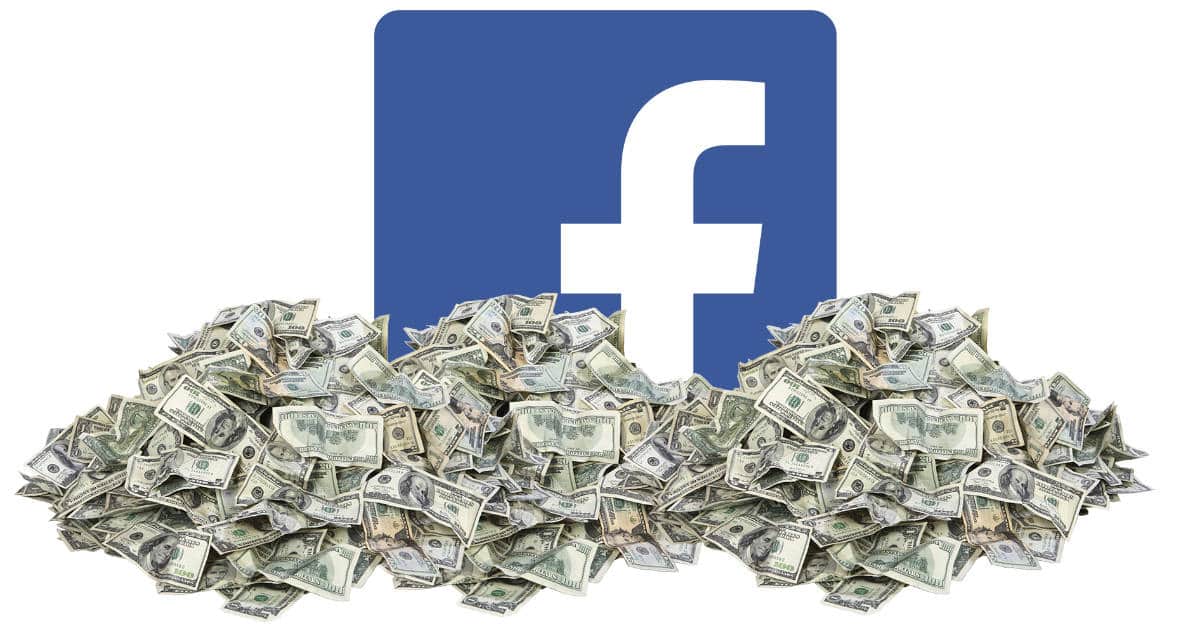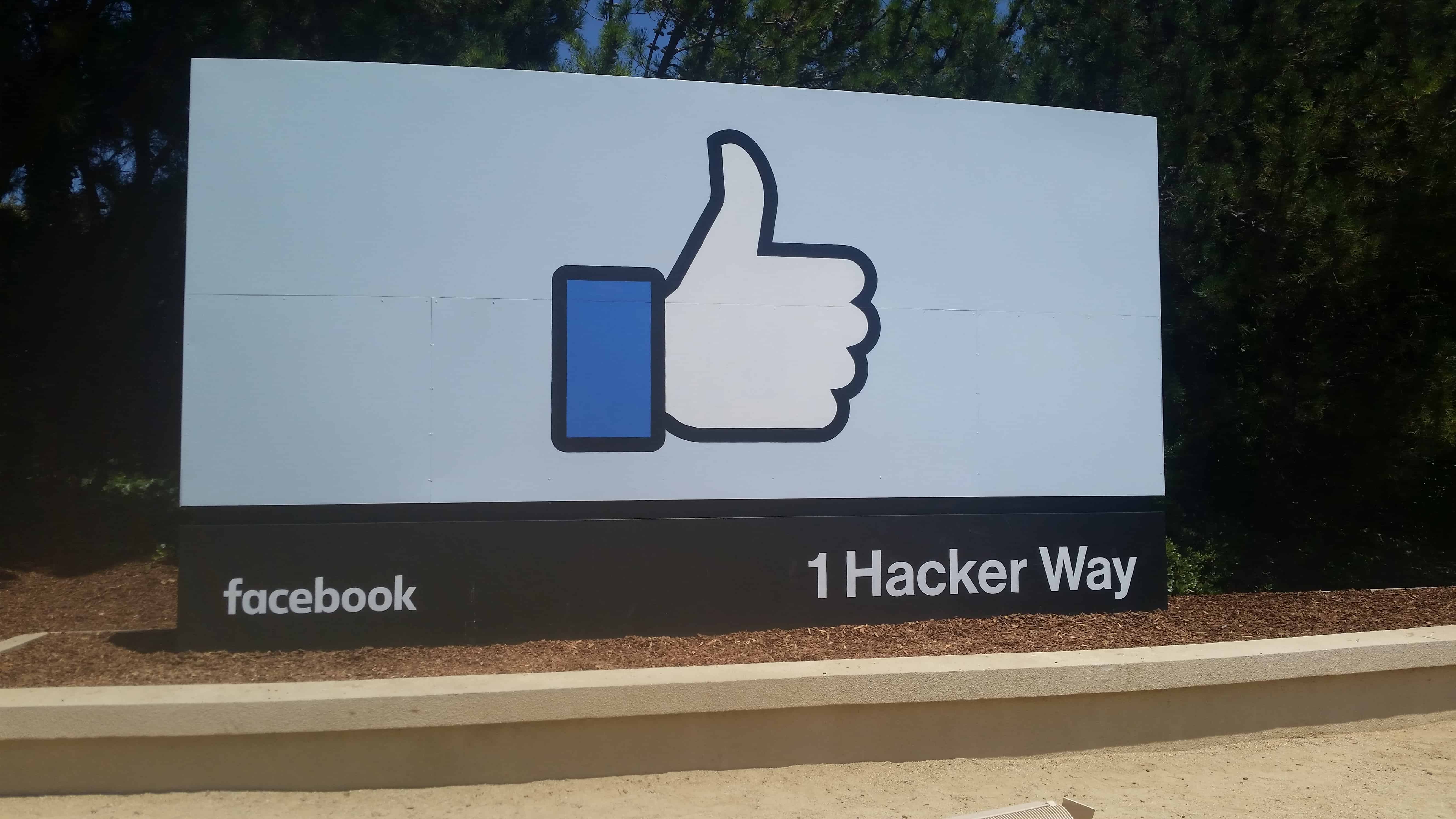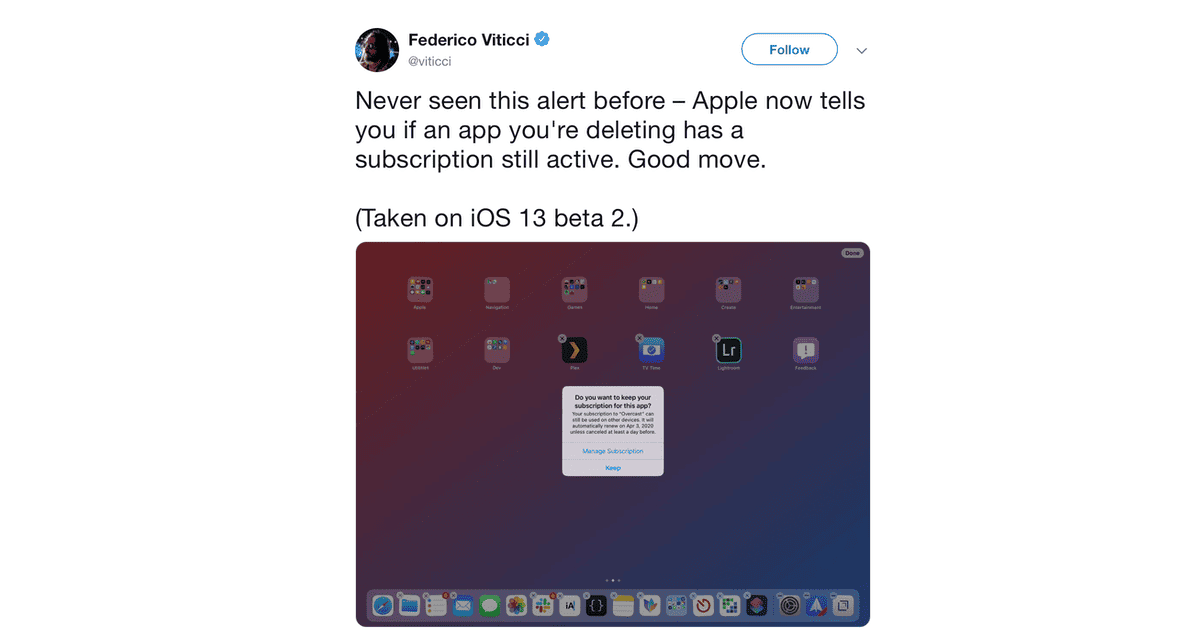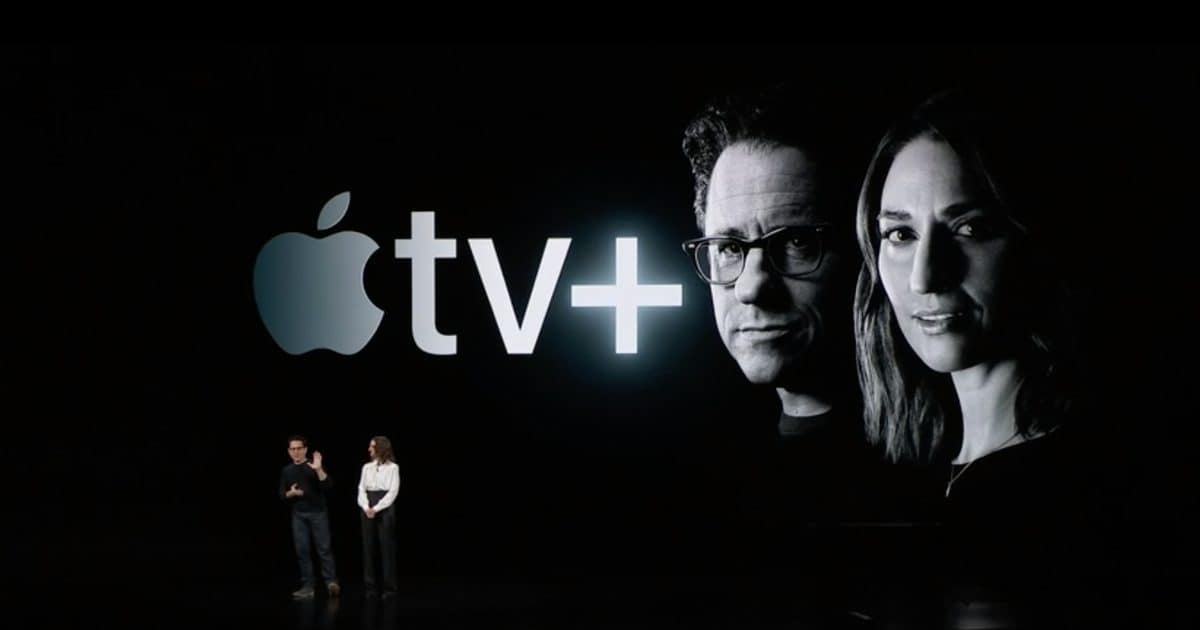Beats by Dr. Dre announced the appointment of Chris Thorne, formerly of EA, The Honest. Co and Forward to lead its global marketing efforts.
Articles by Charlotte Henry
Unauthorized Raspberry Pi Used to Hack NASA
We expect most places to get hacked now. However, I’d always rather hoped NASA would be able to keep itself safe. Turns out, it can’t. ZDNet reported the space agency was hacked via an unauthorized Raspberry Pi, which connected to the network. In total, 500 MB of data related to Mars missions was stolen.
The point of entry was a Raspberry Pi device that was connected to the IT network of the NASA Jet Propulsion Laboratory (JPL) without authorization or going through the proper security review… The hackers used this network gateway to pivot inside JPL’s infrastructure, and gained access to the network that was storing information about NASA JPL-managed Mars missions, from where he exfiltrated information. The OIG report said the hackers used “a compromised external user system” to access the JPL missions network. “The attacker exfiltrated approximately 500 megabytes of data from 23 files, 2 of which contained International Traffic in Arms Regulations information related to the Mars Science Laboratory mission,” the NASA OIG said.
Pixar's Painstaking Process to Keep Don Rickles as Mr. Potato Head in Toy Story 4
Pixar was determined that Toy Story 4 would feature the voice of Don Rickles. The actor played Mr. Potato Head in previous Tory Story films but passed away in 2017 aged 90. The LA Times spoke with director Josh Cooley, who described how Pixar included late actor’s voice in the new film.
“Toy Story 4” director Josh Cooley was overjoyed. “I can only see Mr. Potato Head as Don Rickles doing that voice. I can’t imagine anyone else.” It was a painstaking process to include archival sound of Rickles’ voice. Bit by bit, an editorial team mined more than two decades’ worth of Rickles’ voice sessions and outtakes recorded for movies, shorts, theme parks, toys and other projects. They “logged every word, every cough, every hum, just so we’d know what we had,” Cooley recalled. The 39-year-old director collaborated with screenwriters Andrew Stanton and Stephany Folsom to write general lines for Mr. Potato Head, and then they searched the archival database for the best fit.
Tech Leaders Are Not Listening to Tim Cook
In her latest New York Times column, Kara Swisher reflects on last week’s Code conference. She says tech leaders had not taken on-board Tim Cook’s call that they take responsibility for the chaos their products cause.
Consider a wide-ranging interview I did during the Code conference last week with Andy Jassy, the sharp chief executive of Amazon Web Services, who defended his company’s facial recognition software. The program is called Rekognition — perhaps one of the creepiest names you could give surveillance software — and can match photos and videos with databases. It has been sold to businesses and law enforcement agencies, and its capabilities scare many, given questions of how and where it is deployed. Some critics, for example, are concerned that Immigration and Customs Enforcement may be using Rekognition to help deport immigrants, but Mr. Jassy would not comment on whether that agency uses the program or not.
Qualcomm Uses Apple Documents in FTC Case
Remember when Apple and Qualcomm were at each other’s throats? Well, they aren’t anymore, but their legal battle has ongoing ramifications. 9to5 Mac reported that the chipmaker used internal Apple documents in its current case with the Federal Trade Commission.
Included in those documents were slides from an internal Apple presentation in which Apple outlined ways to pressure and “hurt” Qualcomm… Qualcomm had originally used the documents during its Apple legal battle with Apple earlier this year. Apple and Qualcomm came to a surprise settlement in that case, but the chipmaker continues to fight the antitrust ruling handed down by Judge Koh last month.
Steve Jobs and Emotional Intelligence
Steve Jobs’s style of management was a hot topic both during his life and remained so after his death. An interesting article on Thrive Global from earlier this month wondered whether or not the Apple founder emotional intelligence.
He certainly found a way to motivate and inspire many of those he worked with, along with millions of consumers around the globe–even across language and cultural barriers. These are all signs of exceptional social awareness, as well as the ability to influence, which is a key aspect of relationship management. But what about Jobs’s communication style, which angered and frustrated many? He had become known for wild emotional swings and was perceived as arrogant and narcissistic. His manner pained many–including his family and others with whom he was close. Jobs himself blamed this on a lack of self-control. When his biographer Walter Isaacson asked him why he was sometimes so mean, Jobs replied: “This is who I am, and you can’t expect me to be someone I’m not.”
Foxconn Founder Asks Apple to Move from China
Foxconn founder Terry Gou urged Apple to move some of its production chain from China to Taiwan as trade tensions increase.
Google Cancel iPad-Challenger Tablets
Google has canceled forthcoming tablet products an executive confirmed, with the company no longer trying to challenge the iPad.
Smartwatch Market Dominated by Apple in Coming Years
Apple will continue to lead the field in smartwatches, with new research indicating it will have over a quarter of the market in 2023.
Apple Calls for Trump Tariffs Not to Be Introduced
Apple warned that President Trump’s proposed trade tariffs would hit many of its products and ’tilt the playing field’ in favor of others.
UK Porn Age Verification Laws Delayed
Controversial UK rules designed to stop under 18s accessing porn have been delayed for a third time following a Government error.
Nest Cam Allows Previous Owner to Spy on You
If you buy a used Nest Cam, the previous owner could have access to it. The Wirecutter discovered a way a previous owner can view the images, via the Wink hub. It is unclear if the issue applies to other products. Oh, and there is currently no way to fix it.
If you buy and set up a used Nest indoor camera that has been paired with a Wink hub, the previous owner may have unfettered access to images from that camera. And we currently don’t know of any cure for this problem. We are unsure what further implications there may be regarding Nest’s video service, including whether it may be vulnerable to other methods or through other smart-home device integrations.
Chainspace: The London Startup That Powers Facebook's Libra
There has been much excitement, discussion, and concern regarding Facebook’s forthcoming cryptocurrency, Libra. Wired told the story of Chainspace, the little-known London startup that made it possible.
One of the key moments in Facebook’s march towards the creation of Libra came in February 2019, when the company announced it had acquired Chainspace, a London-based, Gibraltar-registered blockchain venture which counted among its ranks several academics from the University College London Information Security Research Group, including George Danezis, one of the UK’s leading privacy engineering researchers. (Danezis did not reply to an interview request.) Founded in early 2018, over its relatively brief lifetime Chainspace tallied up several noteworthy achievements…“The real potential that we saw in Chainspace was one of the first serious implementations of state sharding across a trustless network,” says Lior Messika, an early investor in Chainspace with his VC company Eden Block. “We were impressed by a pioneering approach and solid plans for implementation.”
Apple is the World's Fourth Biggest Gaming Company
Apple became the fourth biggest gaming company in the world in 2018, a new report picked up by Cult of Mac said. In total, it earned around $9.453 billion from games during 2018. This is all before the launch of Apple Arcade, which is set to arrive soon.
It is ranked higher than gaming giants like Nintendo, EA, and Activision — thanks mostly to the popularity of mobile gaming on iPhone. Apple is estimated to have earned $9.453 billion from games during 2018 alone. Apple isn’t a name you might typically consider when you think about gaming. Many gamers won’t accept the iPhone or iPad as real gaming devices, and the Mac is famously bad at being a gaming PC. But whether you like it or not, Apple has become a behemoth in the gaming industry. The rise of the App Store and the increasing popularity of iOS games means the iPhone-maker is now the fourth-largest gaming company.
Castbox is Latest Audio App With Waze Support
Podcasting app Castbox became the latest audio app to get Waze integration, joining the likes of Spotify and Pandora in the navigation app.
Moderators Break Facebook NDAs to Tell All
Three Facebook moderators have broken their NDAs and told The Verge what they saw at the company’s moderation sites. It is a gripping, horrifying, read.
[Kevin] Utley worked the overnight shift at a Facebook content moderation site in Tampa, FL, operated by a professional services vendor named Cognizant. The 800 or so workers there face relentless pressure from their bosses to better enforce the social network’s community standards, which receive near-daily updates that leave its contractor workforce in a perpetual state of uncertainty. The Tampa site has routinely failed to meet the 98 percent “accuracy” target set by Facebook. In fact, with a score that has been hovering around 92, it is Facebook’s worst-performing site in North America. The stress of the job weighed on Utley, according to his former co-workers, who, like all Facebook contractors at the Tampa site, must sign a 14-page nondisclosure agreement. “The stress they put on him — it’s unworldly,” one of Utley’s managers told me. “I did a lot of coaching. I spent some time talking with him about things he was having issues seeing. And he was always worried about getting fired.” On the night of March 9th, 2018, Utley slumped over at his desk.
iPhone Sales Slowdown Slowsdown Global Market
A drop in iPhone shipments reduced the global premium smartphone market, according to new data as Samsung and Huawei challenged Apple.
Bitcoin Inventor Claims Battle Heads to Court
Craig Wright says he is Satoshi Nakamoto – the inventor of Bitcoin. Many dispute his claim. That includes Ether creator Vitalik Buterin. The two men clashed a conference and now Mr. Wright is going to court, Bloomberg News reported.
The supposed fraud is Craig Wright, an Australian-born technologist who gained notoriety three years ago when he declared himself the inventor of Bitcoin. The provocateur is Vitalik Buterin, a baby-faced Russian-Canadian programmer who helped create another popular digital currency called Ether. No one disputes Buterin’s role in Ether; many reject Wright’s claim to be Satoshi Nakamoto, the mysterious genius behind Bitcoin…At some point, Wright determined the courts could be a useful venue for achieving his own goals. Wright, who says he holds a master’s degree in law from Northumbria University in the U.K., hopes a series of lawsuits can establish himself as the father of Bitcoin. “This will give me the chance to prove my credentials in front of a judge, rather than being judged by Twitter,” Wright told Bloomberg in an email.
Apple Could Shift 30% of Output From China
Apple is considering moving between 15% and 30% of its output away from China as a result of trade tensions and a number of other issues.
iOS 13 Will Warn You When You Delete an App With an Active Subscription
A new popup warning users when they are about to delete an app with an active subscription was spotted in the second beta of iOS 13. Cult of Mac reported that the pop also features a “Manage Subscription” button so users cancel any subscriptions they no longer want.
The new popup, spotted in the second iPadOS beta by Federico Viticci, asks “Do you want to keep your subscription for this app?” The prompt explains that you can continue to use your subscription on other devices, and reminds you when the subscription will renew. If you want to cancel, you can tap the “Manage Subscription” button.This will take you directly to the subscriptions section in the App Store, where you can cancel any subs you no longer need
Libra, Facebook's Cryptocurrency, Coming 2020
Facebook provided a first look at its forthcoming cryptocurrency, Libra, Tuesday. It said the service could be with users as early as 2020. The Guardian posted on a rundown of the announcement.
Libra is being touted as a means to connect people who do not have access to traditional banking platforms. With close to 2.4 billion people using Facebook each month, Libra could be a financial game changer, but will face close scrutiny as Facebook continues to reel from a series of privacy scandals. It could also be a welcome lift to Facebook’s profits: analysts are suggesting Libra could be a huge moneymaker for Facebook, arriving as its growth slows. Technology to make transactions with Libra will be available as a standalone app – as well as on WhatsApp and Facebook Messenger platforms – as early as 2020. It will allow consumers to send money to each other as well as potentially pay for goods and services using the Facebook-backed digital currency instead of their local currency.
RCS Launching For UK and French Android Users This Month
Google will bring RCS messaging directly to Android users but, unlike iMessage, the service is not yet end-to-end encrypted.
Screen Time Caused Apple to Kill Similar App, Entrepreneur Claims
An entrepreneur claimed that Apple killed her app time-tracker as it prepared to launch Screen Time in September 2018.
J.J. Abrams to Sign Partnership With WarnerMedia Not Apple
WarnerMedia appears to have beaten out Apple and is set to agree a $500 million partnership deal with J.J. Abrams’ Bad Robot production firm.
























